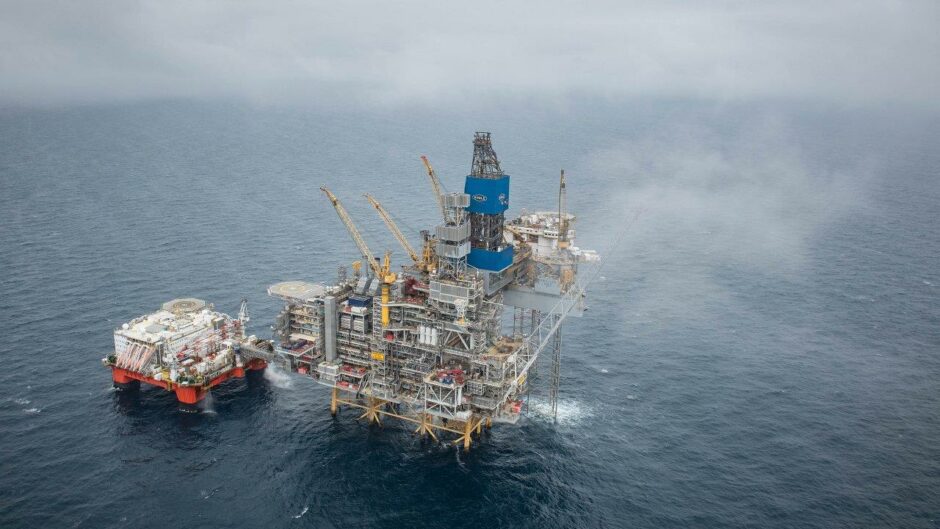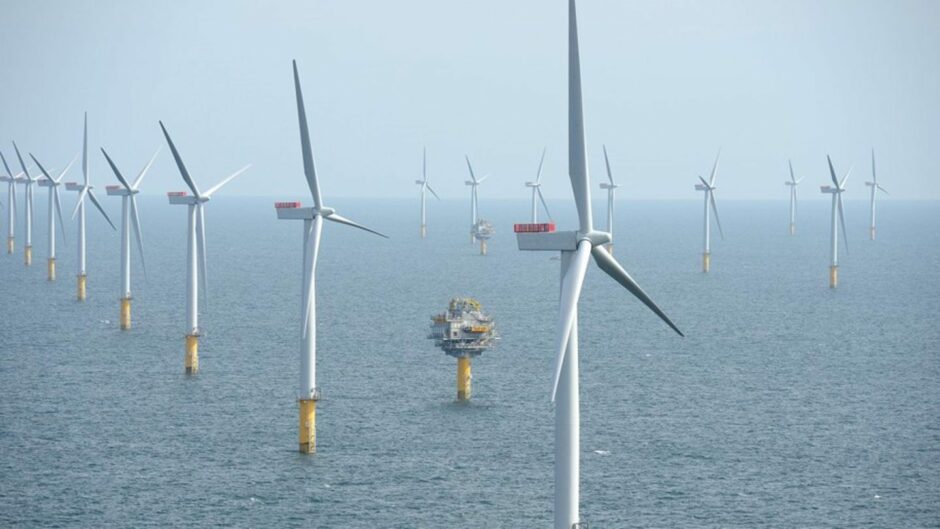
Equinor paid $6 million (£5.3m) in extractive taxes and levies on its UK activities in 2021 – the lowest net contribution of all its global operations, save for Argentina.
The disclosure was made in the Norwegian energy major’s second annual Tax Contribution report, published this week, which covers full-year 2021 – a period in which the group posted global pre-tax profits of $31.5bn.
The new report shows Equinor (OSLO:EQNR) and its subsidiaries paid a total of $8.9 billion in corporate income taxes and $2.9bn in royalty payments and fees to local and national governments around the globe last year, a total of $11.8bn.
Of this, the vast majority – $8.3bn – was paid in Norway.
The report notes these payments related to exploration, prospecting, discovery, development, and extraction of oil and natural gas – also known as extractive activities – and include taxes levied on the income, production and/or profits of companies, as well as royalties, bonuses and rental fees for the right to use a geographical area.
The figures include environmental payments, but do not cover consumption levies such as value added taxes or personal income taxes.

Dogger Bank
UK taxes
Of all its regions of operation the UK saw the second-lowest net contribution with just $6m paid to treasury – above only Argentina, where it paid $1m.
An Equinor spokesperson said roughly $5m was comprised of licence fees and levies related to upstream petroleum projects.
Equinor operates two UK assets – the 180m-barrel Mariner field west of Shetland and Utgard on the Norwegian-UK border – and had daily UK production of around 25,000 barrels of oil equivalent per day (boepd) last year.
Employing a UK staff base of over 600 people, the company is also building a pipeline of offshore wind farms and battery storage assets, with several in operation or under development – including the mammoth Dogger Bank scheme in partnership with SSE Renewables and Vargronn.
However, despite local revenues of over $1.1bn (£970m), its local arm posted a pre-tax loss of $1.4bn (£1.2bn) in 2021. It meant that across all UK operations, the group paid just $1m in income taxes (£890,000) last year.
In supplementary notes, the energy giant group cites several reasons for the figure, including the tax-free divestment of renewable assets, and uplifts from both carried losses and capital expenditure which offer further tax benefits.
Its spokesperson confirmed the loss was driven mostly by the recognition of an impairment of the Mariner field in 2021, offset by gains from the divestment of Dogger Bank and dividends received from affiliates producing electricity from wind projects offshore UK.
Global contributions
Outside of Norway, Equinor’s largest contributions were in Angola, Azerbaijan, and Nigeria where it paid $2.4bn in taxes and other payments, or around 20% of its total contribution.
Of its total tax contributions, nearly $1bn related to environmental taxes and other fees. Of this, over 98% were paid in Norway, however the group also secured net refunds of $6.5m from UK operations via the sale of excess carbon allowances purchased through the EU emissions trading scheme (ETS).
The report notes that its net contributions “increased significantly” in 2021 compared with the $4.5bn paid in 2020, when economic activity and energy demand were hit hard by the COVID-19 pandemic.
In addition, it notes a further $8.5bn was committed last year in group-wide capital expenditure.
In his foreword to the report, chief financial officer Torgrim Reitan added: “We understand that tax plays a vital part in helping us achieve this ambition. Greater transparency around our tax contributions helps build trust with stakeholders and demonstrates the progress we are making on our journey to become a leader in the energy transition and meet our net-zero ambitions.”
Recommended for you
